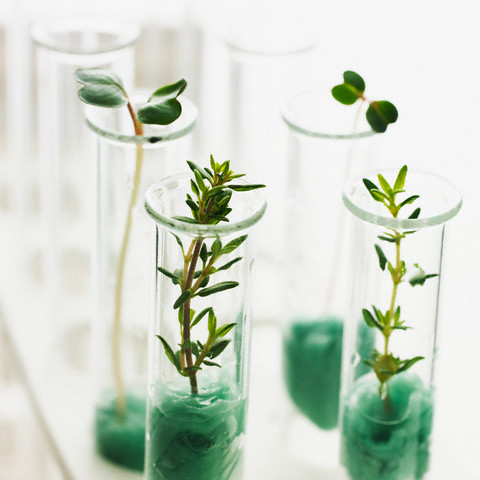International Journal of Pure & Applied Bioscience (IJPAB)
Year : 2018, Volume : 6, Issue : 2
First page : (725) Last page : (734)
Article doi: : http://dx.doi.org/10.18782/2320-7051.6412
Histological Aspects of Disease Resistance in Pearl Millet against Sclerospora graminicola
H. B. Mahesha1*, D. S. Prathima2 and P. H. Thejaswini3
1Department of Sericulture, Yuvaraja’s College, University of Mysore, Mysore-570 005, India
2Department of Biotechnology, Yuvaraja’s College, University of Mysore, Mysore -570 005
3Department of Biotechnology, Maharani’s Science College for Women, Mysore-570 005
*Corresponding Author E-mail: hbmseri@yahoo.com
Received: 15.03.2018 | Revised: 21.04.2018 | Accepted: 26.04.2018
ABSTRACT
Two cultivars of Pennisetum glaucum viz., 7042S and IP18294, highly susceptible and highly resistant to virulent pathotype 1 of S. graminicola, and a virulent pathotype 1 of S. graminicola was used in the present investigation. The commonly available medicinal plants, viz., Cymbopogan citrates, Zingiber officinale, Trigonella corniculata, Cicca acida, Murraya koenigii were grinded with distilled water, acetone, chloroform and methanol at 4 oC and extract was used as inducer of resistance. After preliminary studies like seedling vigor, vegetative and reproductive growth parameters, selected inducer in solvent was used to induce the resistance in plants by seed treatment. In the experimental sets, the histological parameters like host tissue necrosis, quantum of lignin, tannin, suberin and phenolics were tested. The results clearly indicated that the curry leaf extract induced remarkable resistance when compared to other experimental sets. Thus the results of this study contribute to development of a promising method to effectively inoculate the seeds with required inducer of resistance.
Key words: Pearl millet, Sclerospora graminicola, Systemic acquired resistance.
Full Text : PDF; Journal doi : http://dx.doi.org/10.18782
Cite this article: Mahesha, H.B., Prathima, D.S. and Thejaswini, P.H., Histological Aspects of Disease Resistance in Pearl Millet against Sclerospora graminicola, Int. J. Pure App. Biosci.6(2): 725-734 (2018). doi: http://dx.doi.org/10.18782/2320-7051.6412





